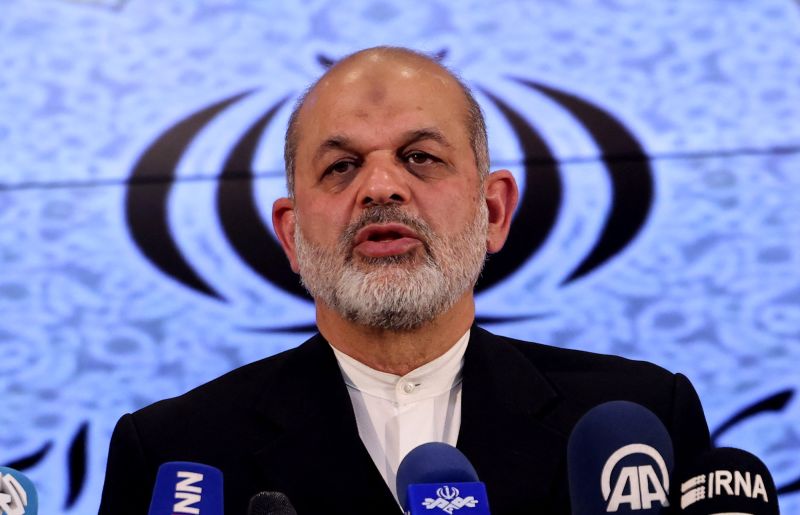Argentina, a South American nation with a rich history and complex political landscape, has recently taken a pivotal step in its long-time quest for justice related to one of the worst terrorist attacks in its history. The case pertains to the devastating 1994 bombing of the AMIA (Argentine Israelite Mutual Association) Jewish community center in Buenos Aires. Situated at a daunting intersection of international relations, national security, and the pursuit of justice, Argentina is seeking the arrest of an Iranian minister over his alleged involvement in the tragic incident.
The 1994 bombing of the AMIA center was the deadliest terrorist attack in Argentina’s history, killing 85 people and injuring hundreds. The bombing has had a long-lasting impact on Argentine society and its connection to its vibrant Jewish community, the largest in Latin America. For more than two decades, the Argentinians have been seeking justice for the victims and their families, their efforts often frustrated and stultified by a lack of international cooperation and firm evidence.
The quest for justice recently took a significant turn as Argentina issued an arrest warrant for an Iranian minister believed to be involved in the bombing. The minister, currently serving in Iran, is alleged to have participated in the planning and execution of the attack. Argentina has enlisted the assistance of Interpol and other international organizations in attempting to facilitate the arrest and eventual prosecution of the suspect.
This call for the arrest comes in the wake of a lengthy and complex investigation by Argentine officials into the bombing. Over the years, Argentina has accused Iran of masterminding the attack, a claim consistently denied by the Iranian government. These accusations have stoked tensions between Argentina and Iran, vying for the support of other nations and international bodies all the while.
Argentina’s move to seek the arrest of the Iranian official marks a bold stance in the face of geopolitical concerns and diplomatic stalemates. It is a recognition of Argentina’s commitment to the rule of law, justice, and the fight against terrorism. This legal pursuit, however, has been impeded by Iran’s refusal to extradite its citizens for prosecution in foreign courts, as it stands by the principle of sovereign immunity.
This unprecedented legal effort is undoubtedly a test for international cooperation and the global commitment to justice. On a broader scale, this incident also shines a light on global counterterrorism efforts and the complexities intertwined therein. The stand taken by Argentina offers a paradigm for other nations coping with cross-border terrorism and the resulting diplomatic tangles.
The 1994 AMIA bombing case remains a wound in Argentina’s heart, a wound that can perhaps only be healed by the successful prosecution and conviction of those responsible. As Argentina presses on in its quest for justice, this step renews hope for many, especially the victims’ families who have waited for more than two decades for this moment. The future legal proceedings surrounding this case will undoubtedly command the attention of the world, with potential implications for international law, diplomacy, and the global fight against terrorism.
While Argentina’s journey towards achieving justice for the 1994 bombing is far from over, this novel attempt to seek the arrest of a suspected foreign government official signals a determined pursuit of accountability, justice, and closure for the victims and their families. This case serves as a stark reminder of the long-lasting impacts of terrorism and the complicated path towards justice that often comes in its aftermath.




